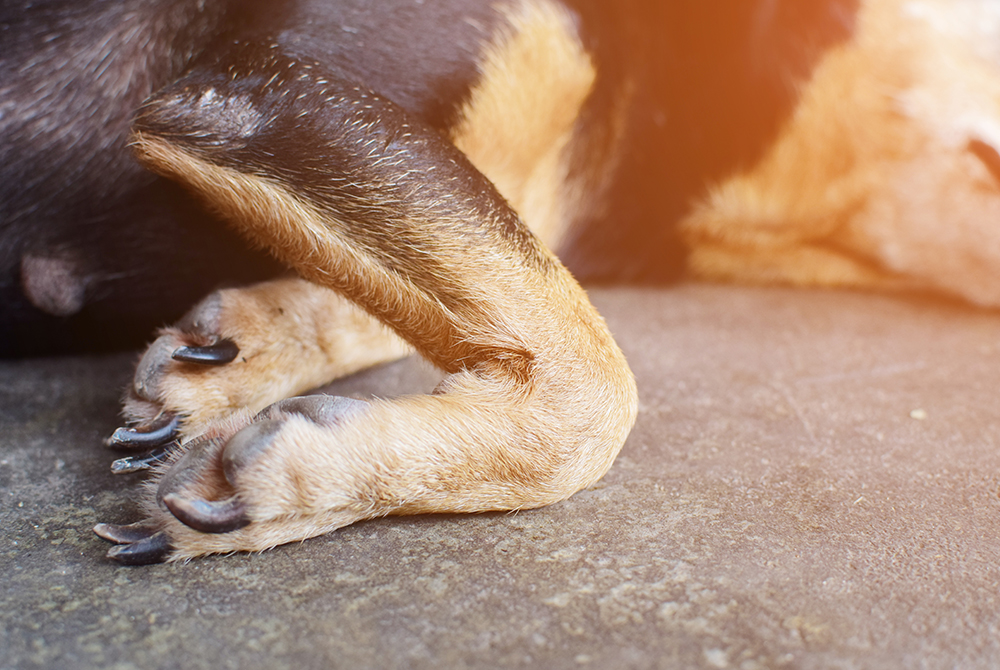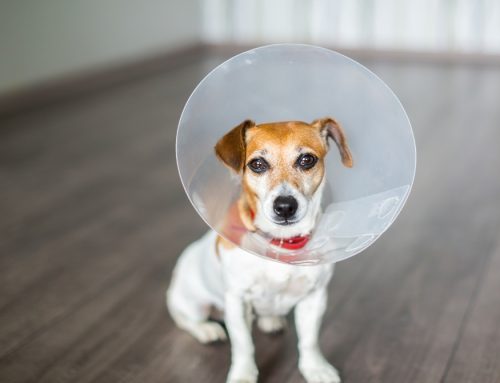Mission Veterinary Clinic – Granada Hills, CA
Address: 16915 San Fernando Mission Blvd, Granada Hills, CA 91344
Phone: 818-363-8143
Overview of Knee Joint Conditions in Pets
Knee joint conditions are common in pets, particularly in dogs, and can lead to pain, limping, and decreased mobility. Understanding these conditions and knowing the signs can help pet owners seek timely veterinary care to improve their pet’s quality of life.
Common Knee Joint Conditions
- Cranial Cruciate Ligament (CCL) Rupture:
- Description: The cranial cruciate ligament in the knee can tear due to injury or degeneration, leading to instability in the joint. This is similar to an ACL tear in humans.
- Symptoms: Limping, difficulty bearing weight on the affected leg, swelling, and pain.
- Treatment: Treatment can range from rest and anti-inflammatory medications to surgical intervention, depending on the severity.
- Patellar Luxation:
- Description: This condition occurs when the kneecap (patella) dislocates from its normal position. It is more common in small breed dogs but can affect any breed or size.
- Symptoms: Skipping or hopping while walking, difficulty bending the knee, and occasional limping.
- Treatment: Mild cases may only require monitoring, while severe cases may need surgical correction.x
- Osteoarthritis:
- Description: Osteoarthritis is a degenerative joint disease that can affect the knee joint, leading to chronic pain and stiffness over time.
- Symptoms: Stiffness, reluctance to exercise, limping, and noticeable discomfort after activity.
- Treatment: Management includes weight control, pain relief medications, supplements, and in some cases, surgery.
- Meniscal Injury:
- Description: The meniscus is a cushion-like structure in the knee joint that can become damaged, often accompanying CCL ruptures.
- Symptoms: Pain, limping, and sometimes a popping noise when the knee moves.
- Treatment: Surgery is typically required to repair or remove the damaged meniscus.
- Tendonitis and Bursitis:
- Description: Inflammation of the tendons or bursa (fluid-filled sacs) around the knee can cause pain and discomfort.
- Symptoms: Swelling, tenderness around the knee, and lameness.
- Treatment: Rest, anti-inflammatory medications, and in some cases, physical therapy are recommended.
Diagnosis and Treatment
If your pet shows signs of knee joint issues, it’s important to seek veterinary care promptly. Diagnosis typically involves a physical examination, X-rays, and sometimes advanced imaging like MRI or CT scans. Treatment plans vary based on the condition but may include medication, lifestyle changes, physical therapy, or surgery.
When to Seek Veterinary Care
- Persistent limping or favoring a leg
- Difficulty getting up or reluctance to walk
- Swelling or tenderness around the knee joint
- Visible discomfort or pain when the knee is touched
Urgent Care at Mission Veterinary Clinic
Mission Veterinary Clinic is here to provide urgent care for your pets. As a walk-in clinic, we prioritize patients based on the severity of their condition. If your pet is experiencing signs of knee joint problems, visit us for a comprehensive evaluation and treatment plan.
Mission Veterinary Clinic
Dedicated to your pet’s health and well-being.
For more information, visit missionvet.com or call us at 818-363-8143.










Leave A Comment